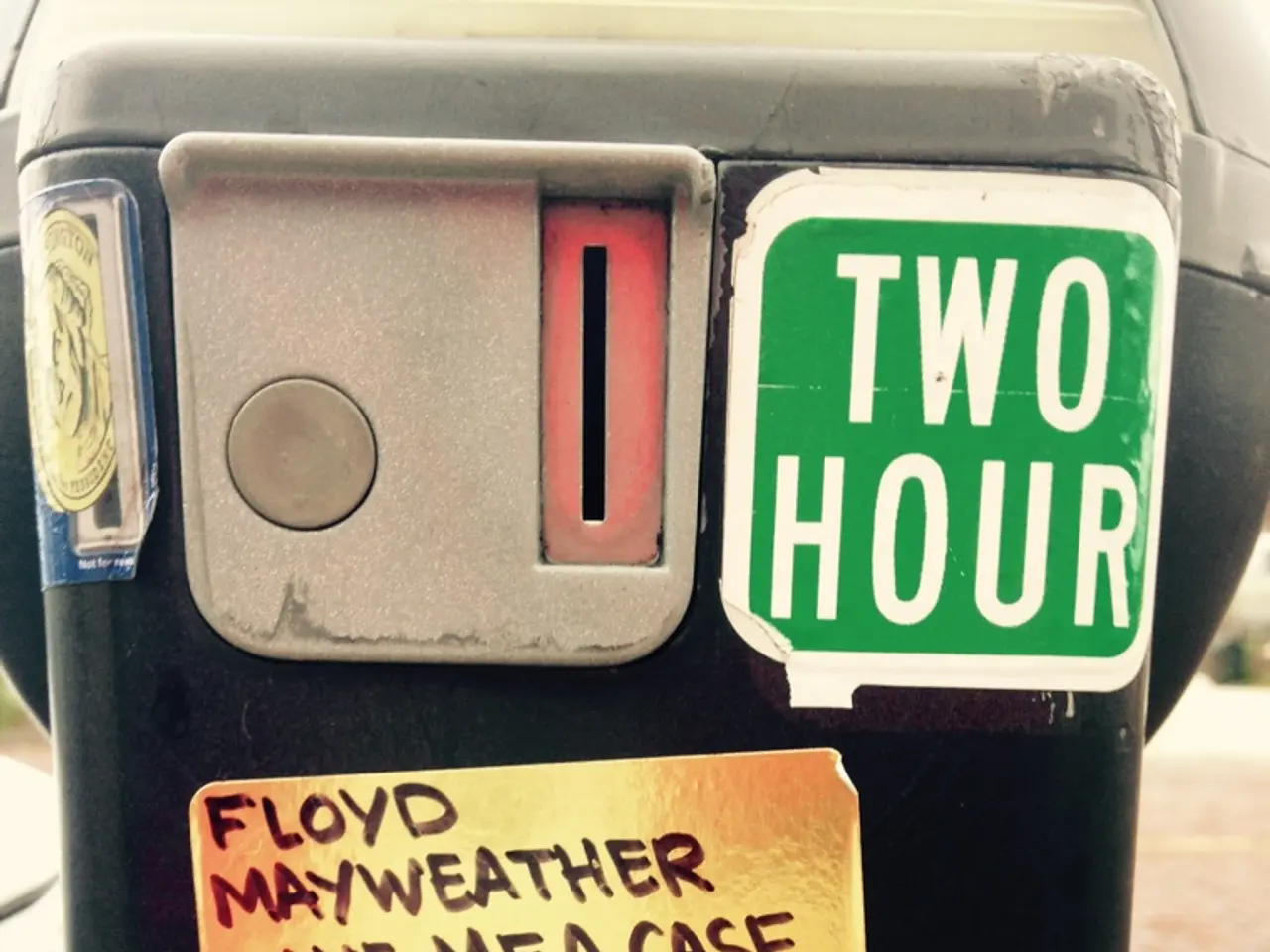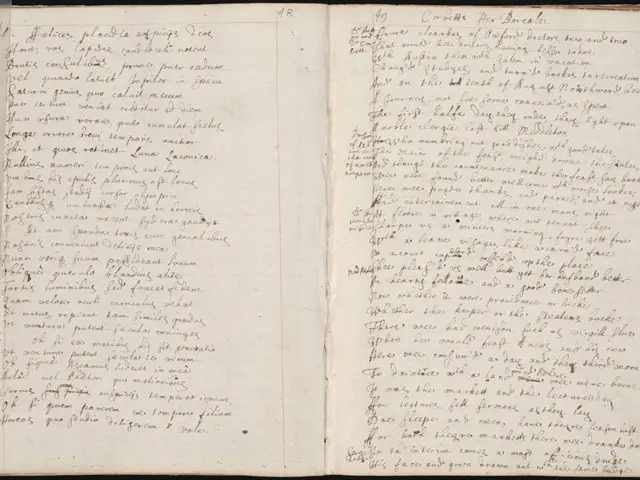House grants final approval to Pennsylvania transit funding bill amidst escalating budget rift
The Pennsylvania state budget is over six weeks late, with no full agreement between Governor Josh Shapiro and the legislature. The main sticking points include funding for mass transit and education, contributing to a deep divide between the Democratic-controlled House and the Republican-controlled Senate.
The Pennsylvania House recently gave final approval to a transit and transportation funding bill designed to provide an additional $293 million for mass transit by increasing transfers from state sales taxes into the Public Transportation Trust Fund. The bill also includes hundreds of millions for roads and bridges and enforces greater oversight for transit agencies like Pittsburgh Regional Transit (PRT) and the Southeastern Pennsylvania Transportation Authority (SEPTA).
Meanwhile, the Senate passed a complementary bill investing $1.2 billion in transportation infrastructure, focusing on roads, bridges, and improving safety and accountability across transit systems. This Senate bill mainly taps the Public Transportation Trust Fund and avoids burdens on the General Fund.
Despite the separate passage of these bills in their respective chambers, the full state budget including these provisions remains unresolved. Key disagreements persist on overall spending levels, transit funding mechanisms, and education policy. Lawmakers are considering a temporary six-month budget if a full deal stalls further to prevent continued disruption of state services, including transit.
Republican House Minority Leader Jesse Topper believes passing the bill is not the right approach as it is further away from a budget agreement. Allegheny County Republican Rep. Valerie Gaydos criticizes the bill for disproportionately funding SEPTA at the expense of Pittsburgh. In contrast, Philadelphia Democratic Rep. Ed Neilson defends the bill as fair to both regions, stating SEPTA's importance to Pennsylvania's economy.
The bill has strong support from Governor Shapiro, who has expressed no interest in a partial-year budget supported by Senate President Pro Tempore Kim Ward. Ward, on the other hand, suggests focusing on a partial budget bill for schools, hospitals, nursing homes, and other basic services.
SEPTA plans to start cutting routes in the next two weeks without new funding, and Lt. Gov. Austin Davis met with PRT to emphasize the urgency of obtaining more funding for mass transit. The House has passed a transit-funding package for the fifth time, but the Senate has failed to act on all four of the previous bills. The Senate is scheduled to return for its first voting session since July 17.
Kim Ward dismisses the House action on the transit bill as a tactic by House Democrats to claim action taken. Republican Rep. Ed Neilson expresses frustration over the debate, stating "I'm getting angry." The bill generates $293 million in additional funding for mass transit, and all House Democrats, except for Rep. Frank Burns of Cambria County, voted in favor of the bill. The bill contains hundreds of millions of dollars for road and bridge work.
The budget is now six weeks overdue, and the constitutional deadline was June 30. The negotiations remain tense and under wraps, with both sides describing talks as cordial but not yet leading to an overall budget deal. Senate leaders emphasize fiscal responsibility, rejecting what they describe as Governor Shapiro’s overly ambitious $51.5 billion budget proposal, which exceeds expected revenues by nearly $7 billion.
- The Pennsylvania House has approved a bill aimed at providing additional funding for mass transit by increasing transfers from state sales taxes, a move supported by Governor Josh Shapiro, but disagreements persist in the Senate over overall spending levels and transit funding mechanisms.
- The Senate, on the other hand, has passed a bill investing $1.2 billion in transportation infrastructure, focusing on roads, bridges, and improving safety and accountability across transit systems, while avoiding burdens on the General Fund, a strategy that contrasts with the House's approach.
- Lawmakers are considering a temporary six-month budget to prevent continued disruption of state services, including transportation and education, as the full state budget remains unresolved due to these policy-and-legislation differences in both chambers.
- The ongoing political wrangling over the state budget, including financing for transportation and mass transit, falls under the purview of general-news coverage, with strong opinions expressed by representatives from both parties, reflecting the inherent complexity and polarization in the rail and industry sectors.




